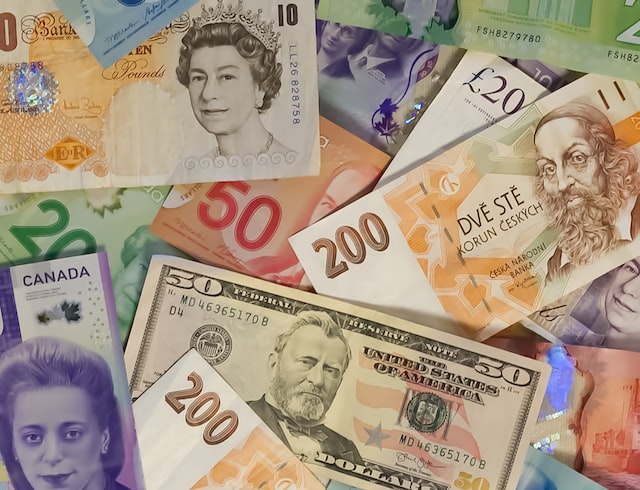
The sacking of Chancellor Kwasi Kwarteng after just 38 days in the job will have surprised virtually nobody, with the beleaguered Cabinet member having been sacrificed to help save Liz Truss’s troubled premiership.
This is a significant sacking, especially with Kwarteng and Truss ideologically united in their belief that the latter’s so-called ‘growth’ plans could rejuvenate the country. It also highlights the tumult caused by the Chancellor’s mini budget, which has sent the economy into meltdown and seen various Tory MPs urge the PM to U-Turn on her plans.
But why was the mini budget so impactful, and could things get worse before they start to improve? Let’s get into it.
What Impact Did the Budget Have?
The mini budget was supposed to signal Truss’s ambitious growth plans and a bold new age for the UK economy, with these focused on sweeping tax cuts, a reduction in the corporation tax levy and plans to scrap the 45p rate of tax for the UK highest earners.
We’ll have more on this below, but these vague and untargeted plans ultimately saw the markets react with horror, as the pound slumped to an all-time low against the dollar and forex traders moved to hedge against the GBP.
In fact, the pound plunged by nearly 5% at one point to $1.0327, the lowest level since Britain went decimal in 1971. Overall, the GBP/USD pairing fell by 7% in just two trading sessions, with the initial losses compounded by promises of more tax cuts from the now-departed Chancellor.
Of course, economists warned that the markets would react in this way, as the pound tanked and investor confidence in the UK fell accordingly.
Similarly, the sudden slump in the pound forced the Bank of England (BoE) into an emergency base interest rate hike to help support the currency and stricken bonds markets, while also propping up pension funds that saw their value diminish sharply overnight.
With numerous base rate hikes having preceded this one, the housing market and property prices are now poised to endure a significant slump, as demand wavers while the supply of real estate remains unchanged.
Why Did the Budget Cause the Pound to Implode?
As we’ve already touched on, the mini budget pledged to impose sweeping tax cuts across the board, while scrapping the hike in National Insurance previously planned by Rishi Sunak.
At the same time, Truss moved to reduce corporation tax by a single percentage point and completely scrap the 45p tax rate those who earned more than £150,000 per annum, in what may interpreted as a crude iteration of ‘trickledown’ economics and a vehicle through which to afford the richest in society huge tax breaks.
Not only were these untargeted measures unnecessarily costly and vague, but they also threatened to increase spending on consumer sentiment at a time when the BoE was hiking interest rates to encourage households to save.
The BoE was initiating these hikes to combat inflation and reduce the cost-of-living over time, whereas Truss’s policies threatened to create more inflationary pressure and leave typical UK households inching closer towards poverty.
The Last Word
Ultimately, the confused, expensive and untargeted nature of Truss’s policies caused instability in the market, especially as they were diametrically opposed to the BoE’s measures.
This trend shows little sign of abating anytime soon either, despite Truss having since scrapped the plans to abolish the 45p tax rate and sacked her Chancellor as a sacrificial lamb.
Truss has also announced she intends to U-Turn on the corporation tax cut, leaving both her economic plans and premiership vulnerable as Tory backbenchers continue to rebel.
The question that remains, of course, is whether these measures are enough to restore Truss’s credibility and safeguard her position for the near-term at least.


